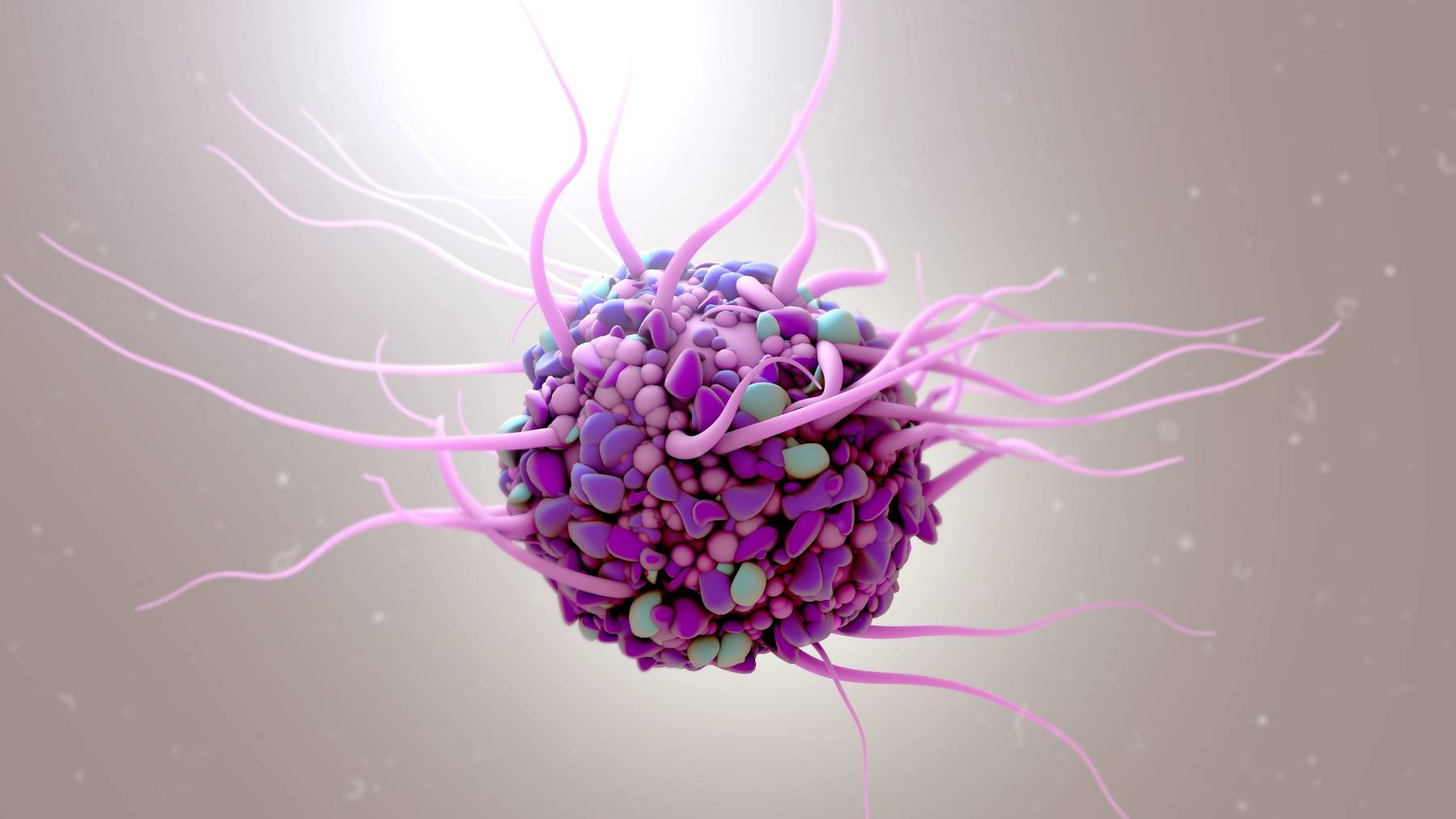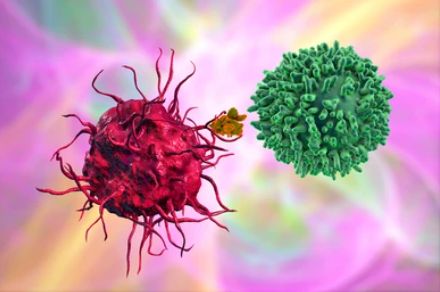CD Antigen (Dendritic Cell Adhesion)
Related Symbol Search List
Immunology Background
Available Resources for CD Antigen (Dendritic Cell Adhesion) Research
Creative BioMart is a leading provider of resources and services dedicated to dendritic cell adhesion-associated CD antigens. Our platform offers researchers a wide range of high-quality products, tailored services, and technical support to advance scientific knowledge and contribute to the development of novel therapies
Our comprehensive list of dendritic cell adhesion-associated CD antigens includes well-known markers such as CD40, CD45, CD50 (ICAM-3), CD54 (ICAM-1), CD146 (MCAM), CD147, IGF1R (CD221), and many more. These antigens are essential for understanding the mechanisms of immune cell communication and immune responses.
- We offer a diverse range of products to support dendritic cell adhesion-associated CD antigens research, including antibodies, recombinant proteins, protein pre-coupled magnetic beads, cell and tissue lysates, chromatography reagents, and various kits targeting different dendritic cell adhesion-associated CD antigens. These high-quality products enable researchers to study the functions and interactions of these antigens with precision.
- We also provide customized services tailored to meet specific research needs. Our team of experienced scientists offers custom antibody development, protein engineering, recombinant antigen production, and assay development services. By leveraging our expertise, researchers can generate custom tools specifically designed for their dendritic cell adhesion-associated CD antigens research projects, ensuring optimal results.
- In addition to our products and services, we provide a wealth of resources to support dendritic cell adhesion-associated CD antigens research. Our platform includes information on involved pathways, protein functions, interacting proteins, related articles, research areas, and other relevant topics. These resources serve as valuable references and aids for researchers, assisting them in gaining a deeper understanding of dendritic cell adhesion-associated CD antigens and their roles in immune cell communication.
Our Featured Products
| Cat.# | Product name | Species | Source (Host) | Tag |
|---|---|---|---|---|
| CD45-10957H | Recombinant Human CD45, GST-tagged | Human | E.coli | GST |
| CD147-10906H | Recombinant Human CD147, GST-tagged | Human | E.coli | GST |
| ICAM3-14032H | Recombinant Human ICAM3, His-tagged | Human | E.coli | His |
| ICAM1-657H | Recombinant Human ICAM1 protein(Met1-Glu480) | Human | HEK293 | N/A |
| IGF1R-3148H | Recombinant Human IGF1R, His tagged | Human | Human Cell | His |
| MCAM-615H | Recombinant Human MCAM protein, Fc-tagged | Human | HEK293 | human/IgG1/Fc |
About CD Antigen (Dendritic Cell Adhesion)
Dendritic cells (DCs) are a specialized group of immune cells that play a crucial role in initiating and regulating immune responses. They act as professional antigen-presenting cells, capturing antigens from their environment and presenting them to T cells, thereby activating and shaping immune responses. The adhesion molecules expressed on the surface of dendritic cells are essential for their migration, localization, and interactions with other cells and the extracellular matrix. CD antigens associated with dendritic cell adhesion play a critical role in these processes.
Dendritic cell adhesion-associated CD antigens are cell surface markers expressed on dendritic cells that mediate their adhesion to other cells or extracellular matrix components. These antigens facilitate the interactions between dendritic cells and various immune cells, such as T cells, B cells, natural killer cells, as well as the endothelial cells lining blood vessels. Through these adhesion interactions, dendritic cells are able to orchestrate the immune response and contribute to immune cell activation, regulation, and immune synapse formation.
Several CD antigens are known to be associated with dendritic cell adhesion. Here are some examples:
- CD11c (Integrin alpha X): CD11c is a subunit of the integrin receptor CD11c/CD18 (also known as alpha X beta 2 or complement receptor 4). It is expressed on dendritic cells and various other immune cells. CD11c is involved in cell-cell adhesion and migration, facilitating interactions between dendritic cells and T cells. It plays a role in the formation of immunological synapses and the initiation of immune responses.
- CD54 (ICAM-1): CD54, also known as intercellular adhesion molecule 1 (ICAM-1), is a cell surface glycoprotein expressed on dendritic cells and other immune cells. CD54 plays a crucial role in immune cell adhesion and migration by interacting with its receptor, lymphocyte function-associated antigen 1 (LFA-1), present on T cells and other immune cells. This interaction facilitates the formation of immunological synapses and the initiation of immune responses.
- CD58 (LFA-3): CD58, also called lymphocyte function-associated antigen 3 (LFA-3), is a cell adhesion molecule expressed on various immune cells, including dendritic cells. CD58 interacts with its receptor, CD2, present on T cells, natural killer cells, and other immune cells, mediating cell-cell adhesion and immune synapse formation. This interaction is involved in immune cell activation and regulation.
- CD62L (L-selectin): CD62L, also known as L-selectin, is a cell adhesion molecule expressed on the surface of dendritic cells and other immune cells. CD62L mediates interactions between immune cells and endothelial cells during the migration of dendritic cells from peripheral tissues to lymphoid organs. It plays a crucial role in the homing of dendritic cells to lymph nodes, where they present antigens to T cells.
These dendritic cell adhesion-associated CD antigens, along with other adhesion molecules, contribute to the intricate network of interactions required for dendritic cell function and immune responses. Understanding the roles of these antigens in dendritic cell adhesion provides valuable insights into the mechanisms underlying immune cell communication and the development of targeted immunotherapies.

Role of Dendritic Cell Adhesion-Associated CD Antigens in Immune Cell Communication
Dendritic cell adhesion-associated CD antigens play a crucial role in immune cell communication by facilitating interactions between dendritic cells and other immune cells. These interactions are vital for the initiation and regulation of immune responses. Here are some key roles of dendritic cell adhesion-associated CD antigens in immune cell communication:
- Antigen Presentation: Dendritic cells capture antigens from their surroundings and present them to T cells to initiate immune responses. CD antigens involved in dendritic cell adhesion, such as CD54 (ICAM-1) and CD58 (LFA-3), mediate the adhesion of dendritic cells to T cells. These interactions are necessary for the formation of immunological synapses, where antigen presentation occurs. By bringing dendritic cells and T cells into close proximity, adhesion-associated CD antigens facilitate efficient antigen recognition and activation of T cells.
- T Cell Activation: Dendritic cells play a critical role in activating naive T cells, leading to their differentiation into effector T cells. Adhesion-associated CD antigens on dendritic cells, such as CD54 (ICAM-1) and CD58 (LFA-3), provide co-stimulatory signals to T cells. These signals are essential for the full activation and proliferation of T cells upon antigen recognition. The interaction between CD2 on T cells and CD58 on dendritic cells is particularly important for T cell activation.
- Immune Synapse Formation: Immune synapse formation between dendritic cells and other immune cells, such as T cells and natural killer cells, is crucial for effective immune cell communication. Adhesion-associated CD antigens, including CD54 (ICAM-1) and CD58 (LFA-3), contribute to the formation and stabilization of immune synapses. These synapses facilitate the exchange of signaling molecules, promote immune cell activation, and coordinate immune responses.
- Homing and Migration: Dendritic cells need to migrate from peripheral tissues to lymphoid organs, such as lymph nodes, to present antigens to T cells. CD62L (L-selectin) is an adhesion-associated CD antigen involved in this process. It mediates the interaction between dendritic cells and endothelial cells, allowing dendritic cells to adhere to and extravasate across blood vessel walls. This interaction is crucial for the homing of dendritic cells to lymphoid organs and the initiation of immune responses.
By mediating adhesion, immune synapse formation, and migration, dendritic cell adhesion-associated CD antigens contribute to the orchestration of immune cell communication. These interactions enable efficient antigen presentation, T cell activation, and coordination of immune responses. Understanding the roles of these CD antigens in immune cell communication provides insights into the mechanisms underlying immune system function and aids in the development of immunotherapies and vaccines.

By choosing Creative BioMart as your partner in dendritic cell adhesion-associated CD antigens research, you gain access to a comprehensive platform, high-quality products, customized services, and a wealth of resources. Together, we can drive scientific progress, develop innovative therapies, and contribute to improving human health. If you have any questions, requirements, or cooperation intentions, please feel free to contact us. We very much look forward to working with you and helping you achieve research and commercial success.
Related References
- Kammerer R, Stober D, Singer BB, Obrink B, Reimann J. Carcinoembryonic antigen-related cell adhesion molecule 1 on murine dendritic cells is a potent regulator of T cell stimulation. J Immunol. 2001;166(11):6537-6544.
- Li Z, Ju X, Silveira PA, et al. CD83: Activation Marker for Antigen Presenting Cells and Its Therapeutic Potential. Front Immunol. 2019;10:1312. Published 2019 Jun 7.
- Wang, Y., Xiang, Y., Xin, V.W. et al. Dendritic cell biology and its role in tumor immunotherapy. J Hematol Oncol 13, 107 (2020).

